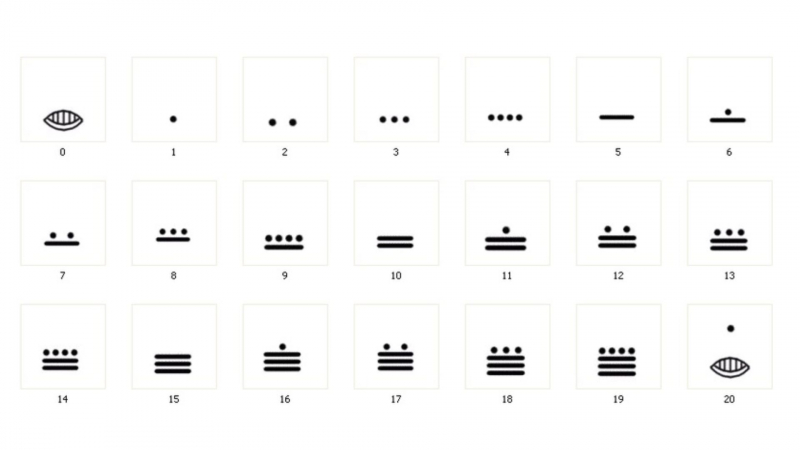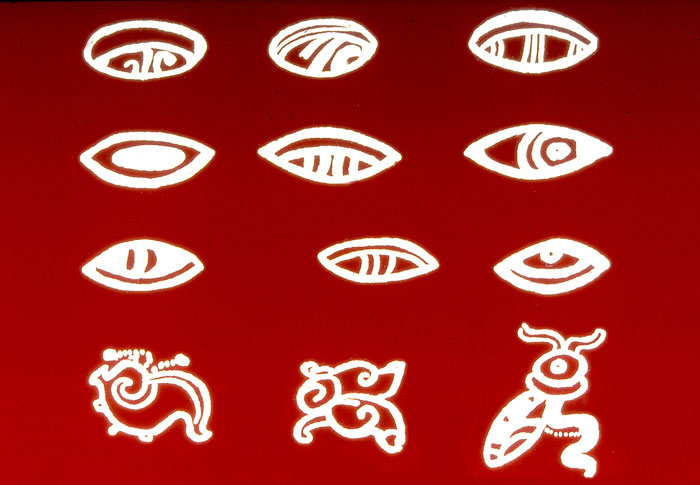The Concept of Zero
People knew the idea or concept of nothing or having nothing in the "old world" and around the world in general. However, the fundamental concept of zero (which we now take for granted) is a comparatively modern 'innovation.' According to current thinking, zero was fully created in India in about the 5th century AD in the "old world" (458 AD). Although it is debatable whether this knowledge was received from the Babylonians. In any event, the contemporary concept of 'zero' was clearly defined by the great Brahmagupta by 628 AD. It did not reach Europe until the 12th century.
Surprisingly, the Mayans developed their own idea of 'zero' at least 100 years before India, in around 350 AD. To be honest, this is astounding given that the continents of America were isolated from the 'old world' not just due to physical separation, but also due to their comparatively recent occupancy of the territories in comparison to 'old world' civilizations.
Prior to this, scholars had difficulty executing basic mathematical computations. It genuinely was a 'barrier' to the development of advanced mathematics such as calculus, complex equations, and, eventually, computers.
Despite the fact that some earlier civilizations, including the Sumerian, had already created a "zero" as a placeholder in the third century BC (i.e. to denote no units in the hundreds, tens, etc). It was a genuine application of the number zero.
For example, one of the oldest known civilizations, the Mesopotamians, appeared around 3500 BC, as opposed to early estimates of the Mayan Civilisation beginning around 2600 BC.













